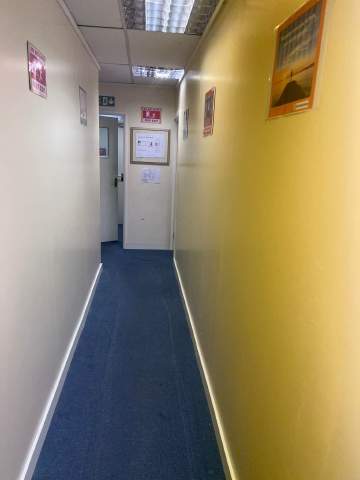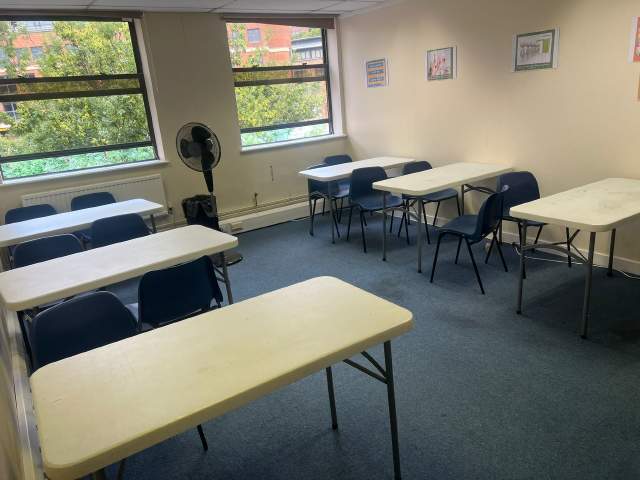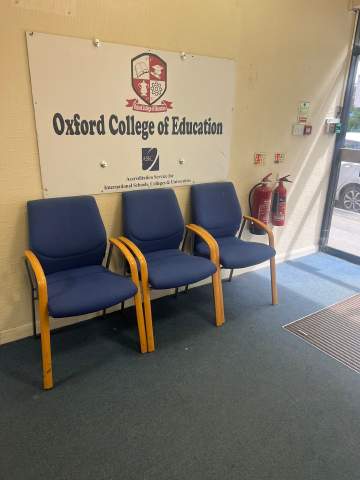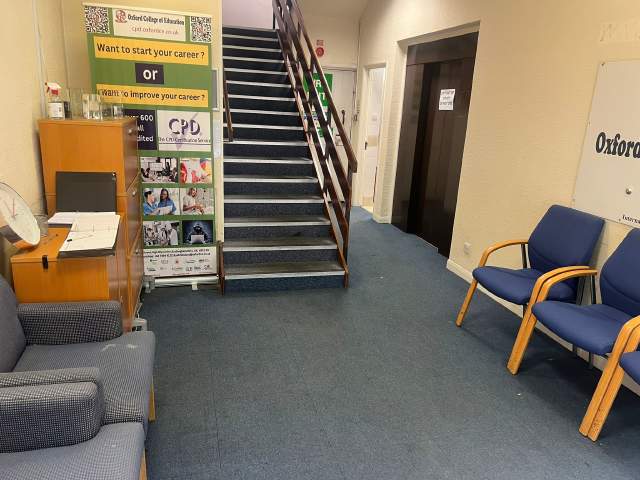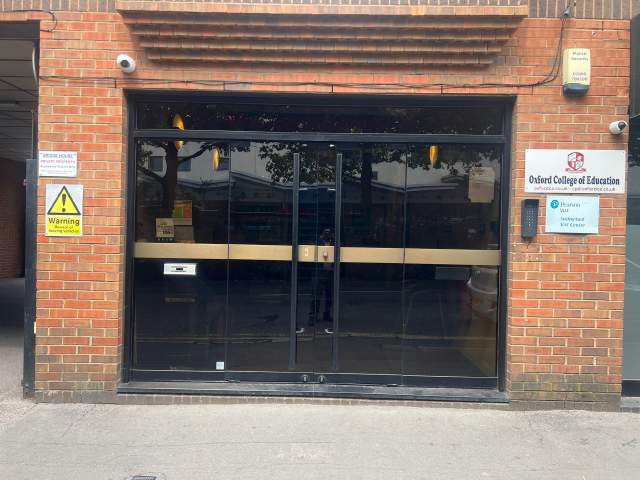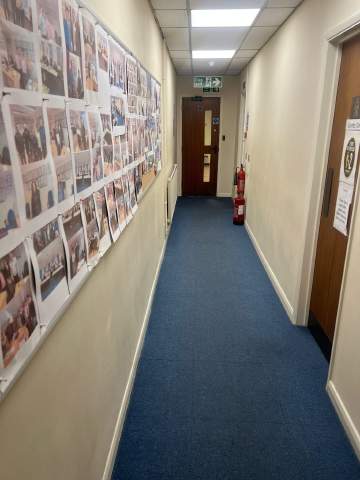Welcome to Oxford College of Education (OCE)
A Beacon of Academic Excellence and Opportunity
Nestled in the vibrant town of High Wycombe, just a short distance from the dynamic city of London and the global gateway of Heathrow Airport, Oxford College of Education (OCE) stands as a cornerstone of opportunity for students worldwide. At OCE, we blend academic rigor with a nurturing community, creating an environment where every learner can thrive.
Why Choose OCE?
Modern Facilities, Inspiring Spaces
Our state-of-the-art campus features cutting-edge classrooms, dedicated staff areas, and comprehensive study resources designed to foster academic success. Beyond infrastructure, we cultivate a supportive community that feels like a home away from home.
A Diverse, Global Community
OCE welcomes students from across the globe, creating a rich tapestry of perspectives that enhances learning and prepares you for success in an interconnected world. Whether you're a local student or an international learner, OCE is your launchpad for growth.
Flexible, World-Class Education
In today’s fast-paced world, flexibility is key. Our bespoke online courses for GCSE, IGCSE, AS, and A-Level qualifications allow you to study at your own pace, from anywhere. Tailored to modern learners, these programs offer:
Early completion options for ambitious students.
Flexible scheduling to suit your lifestyle.
Accessible, high-quality content to ensure academic success.
Industry-Recognized Professional Training
Elevate your career with over 500 CPD-accredited training qualifications, curated by experts and globally recognized. Our flexible online courses let you join anytime, from anywhere, empowering you to start or advance your professional journey.
Holistic Student Experience
At OCE, we prioritize your overall development. Our campus offers:
Access to the largest public library in the area for research and study.
A variety of dining options within walking distance.
A vibrant, inclusive community where every student feels valued.
Our dedicated academic and non-academic staff go above and beyond to support you, ensuring a welcoming environment that fosters lifelong learning.
Our Accreditation
OCE is proudly accredited by the Accreditation Service for International Schools, Colleges, and Universities (ASIC), a globally respected independent body. This accreditation reflects our commitment to delivering high-quality education and helps students make informed choices about their academic journey.
Award-Winning Excellence
In 2021, OCE was honored with the Inclusivity through Information Technology Award, recognizing our innovative use of technology to make education accessible to all.
Academic Programs and Partnerships
Course Offerings
We partner with leading awarding bodies to deliver world-class qualifications:
CIE, Edexcel, AQA, OCR for GCSE, IGCSE, AS, and A-Level courses.
Trinity College London, QUALIFI, ICQ, and more for specialized programs.
University Pathways
OCE collaborates with prestigious universities to support your progression to undergraduate, postgraduate, and PhD studies. Our team provides personalized guidance to help you take the next step in your academic journey.
Our Esteemed Team
Our faculty comprises British-trained, qualified experts with a passion for education. With extensive experience across diverse disciplines, they are committed to guiding you toward success.
Approved Exam Centre
OCE is an authorized exam center for Pearson Vue and ACCA (CBE), hosting hundreds of candidates monthly for their professional and academic exams.
A Journey of Continuous Growth
Since our founding in 2017, OCE has been dedicated to excellence and innovation. Here’s a glimpse of our milestones:
2017: Established Oxford College of Education.
2018: Achieved ASIC accreditation and began recruiting local and international students.
2019-2020: Welcomed our first student cohorts and delivered BTEC Level 3 Business courses and apprenticeships.
2020-2021: Transitioned to digital systems, launched 500 CPD-accredited courses, and won the Inclusivity through Information Technology Award.
2022: Enhanced our platform with Moodle Workplace and gained Ofsted approval for childcare provision.
2023: Expanded international enrollment and secured Crown Commercial Service (CCS) approval.
2024: Forged partnerships with schools and corporate clients to deliver GCSE, A-Level, and CPD courses.
As we look to the future, OCE remains committed to empowering students and fostering innovation in education.
Join Our Community
At Oxford College of Education, we believe in unlocking every student’s potential. Whether you’re pursuing academic excellence, professional growth, or personal development, OCE is your partner in success. Join us today and embark on a transformative journey of discovery, growth, and endless possibilities.
Oxford College of Education: Where Dreams Take Flight.






